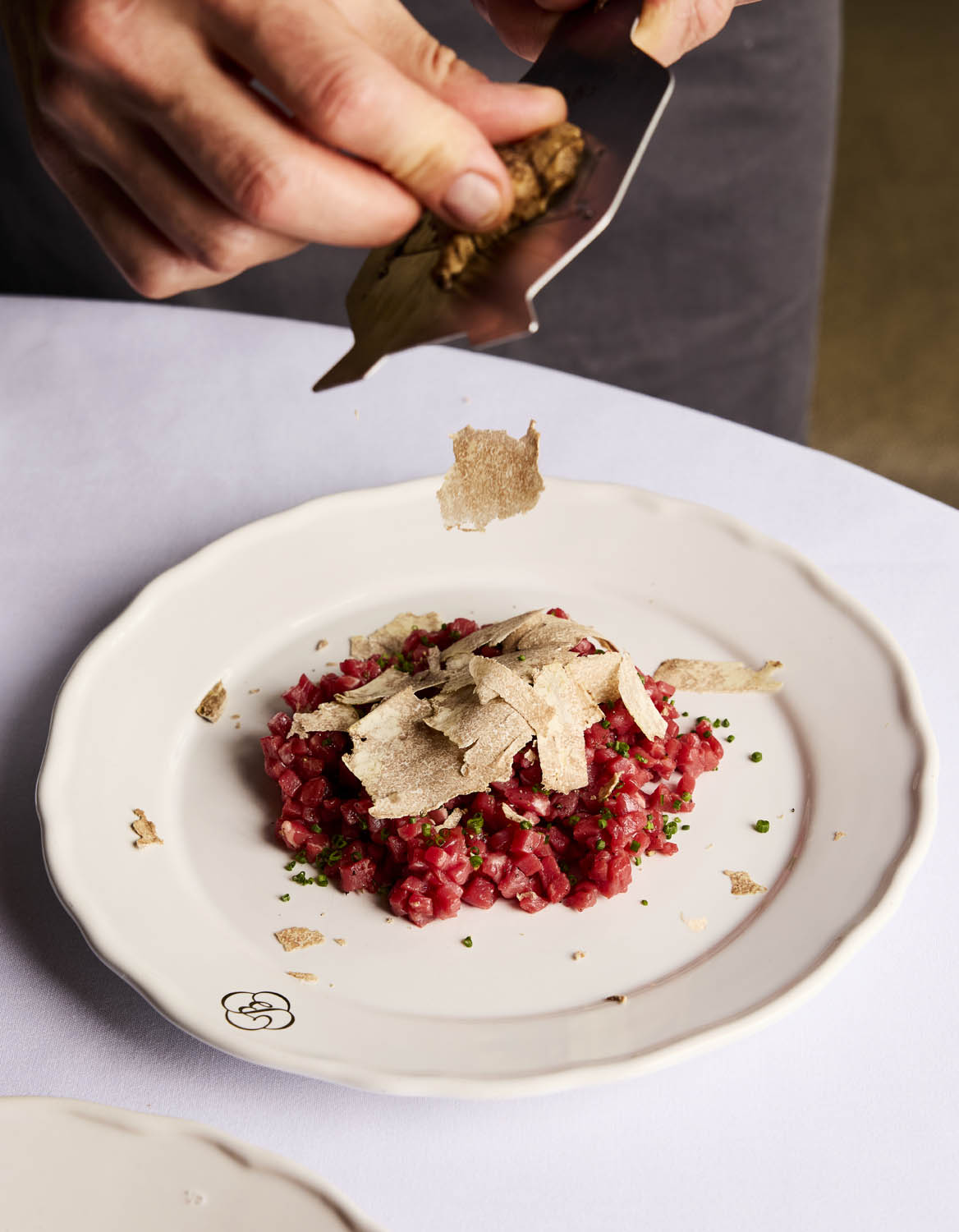Weak South African rand impacts wine industry, producers warn
South African producers are worried the weak rand will impact investments and marketing of wine, as production costs rise.
Wines of South Africa CEO Siobhan Thompson warned that the devualtion of the rand – which fell to record lows in early January following political turmoil although it has strengthening slightly against the pound this week – is likely to “substantially” increase costs for producers while also making South African wine cheaper on the international market.
Imported items, including equipment, barrels, corks and closures, yeast are more expensive for producers to buy, while labour costs are also expected to rise due to inflation, she noted.
Economists expect the rand, which they say is undervalued, to remain weak for around a year, Thompson noted.
Johann Krige, proprietor of premium estate Kanonkop Estate argued that despite potential “short-term windfalls” as South African wines appeared cheaper on the international market, it was not good for the longer-term picture – and these longer-term trends had already started to kick in.
“There would be certain short term currency benefits for high volume, less premium producers over the short term. But history has proved that these benefits are not sustainable as the economy as a whole starts to struggle with negative growth figures all around,” he told db.
It was, he added important for producers to hedge themselves against currency fluctuations, and keep a balance between local sales and exports, as well as aiming for more premium sales.
Partner Content
Jim Wilson, agency & marketing director at Hallgarten Druitt, said it was worrying what impact the weak rand might have on more premium wines, which could be ‘devalued’ as increased number of entry level wines hit the market. “It is the same as New Zealand putting out more Sauvignon Blanc – you are wary of impacting the quality end,” he said. “But there is enough of a feeling in the trade that South Africa is interesting, and I hope there isn’t a move towards [bulk entry level wines].
Meanwhile while conversion rates are likely to hit marketing and promotional budgets, devaluing them by around 25-30%, according to Thompson. “It means far less brand building or having to inflate marketing and promotional budget to achieve the [same] plan,” she said.
Although unlikely to affect the consumer at the end of the supply chain, this tightening on budgets may limit the country’s ability to build brand South Africa in international markets, she noted, despite potentially growing exports as South African wine becomes cheaper on the wider market.
“We need to stand true to our strategy of building value over volume,” Thompson agreed. “South Africa is serious about growing its images and higher price tier offerings and we need to continue doing so and not be pushed to lower FOBs and price points due to the Rand devaluing,” she said.




